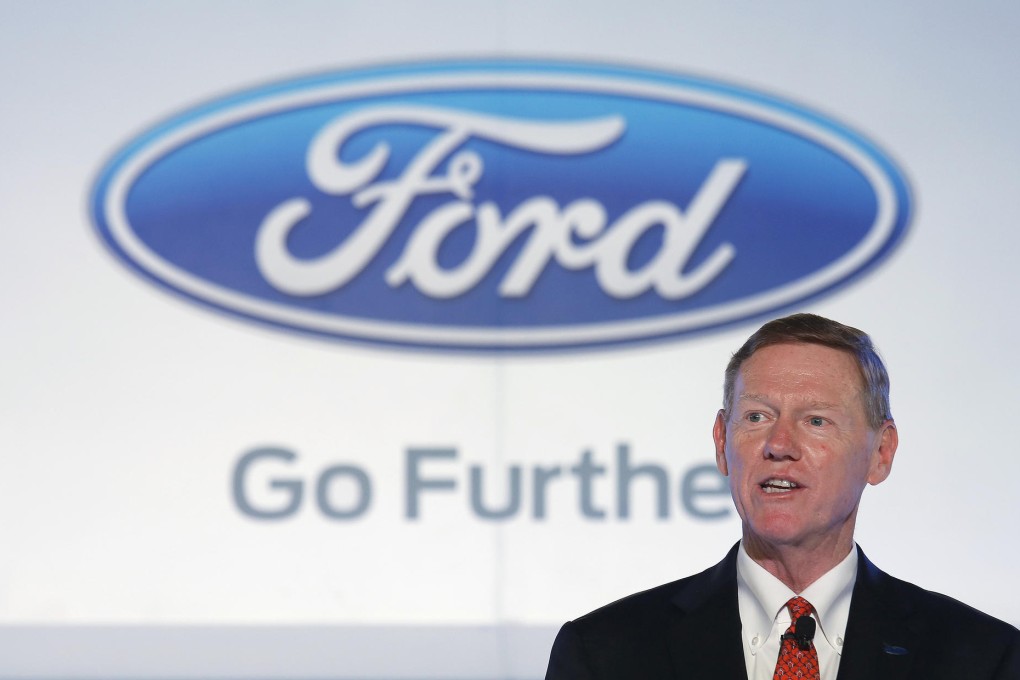Ford boss Mulally doesn't regret 'conservative' approach in China
Ford Motor chief executive Alan Mulally said he did not regret adopting a conservative approach to business on the mainland, which has seen the company fall behind in the world's biggest passenger vehicle market.

Ford Motor chief executive Alan Mulally said he did not regret adopting a conservative approach to business on the mainland, which has seen the company fall behind in the world's biggest passenger vehicle market.
Mulally said the strategy helped Ford weather the global recession. "It was a big decision at the time," he said at a press conference in Hong Kong last week, referring to a decision to focus on Ford's product line-up and to not focus on any one market. "Now we have a nice geographical balance around the world - the United States is mature but it's a big market, and the emerging markets are growing fast."
While Ford has beaten rivals General Motors and Chrysler and become the most profitable of the big three American carmakers, its market share on the mainland is just one-third of GM's.
Still, that share is growing fast. Ford's sales on the mainland in the first three quarters of this year jumped 51 per cent to 647,849 units, compared with 11 per cent to 2.31 million units for GM in the same period.
Although Mulally said the company would maintain a balanced portfolio, the company's future expansion is clearly focused on the Asia-Pacific region.
About 75 per cent of the two million units of annual capacity that Ford will add globally in the next three years will be in Asia, including China, India and Thailand.